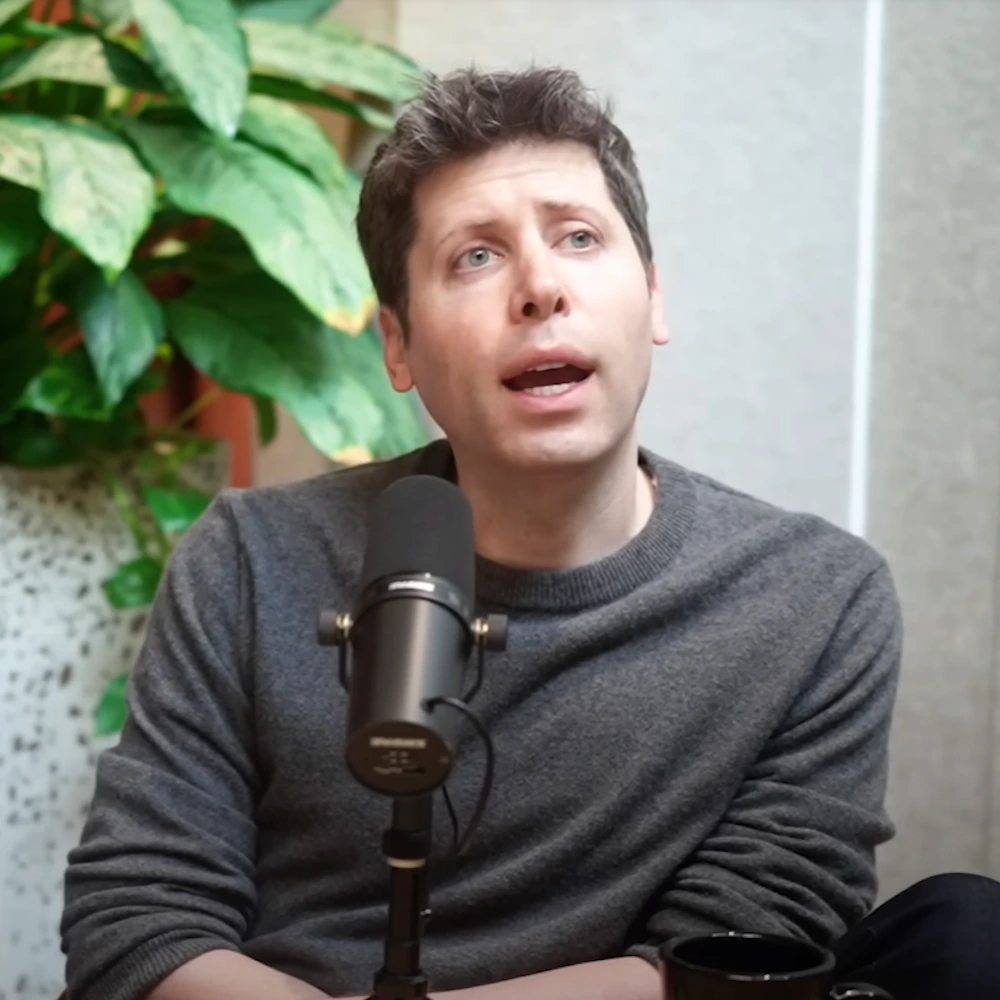Innovation is the lifeblood of any successful business venture. It's what keeps companies ahead of the curve, propelling them forward in an ever-evolving marketplace.
By continuously innovating, businesses can stay relevant, competitive, and adaptable to changing consumer demands and industry trends.
in the fast-paced world, standing still means falling behind.
Especially in the AI industry, where generative AI products have taken over.
OpenAI that started all the commotion with ChatGPT, has to constantly move and innovate, just to remain relevant in industry that is now fully-packed with competitors of all sizes.

To keep ahead, and not fall behind others' business dust, OpenAI's CEO has to push his company forward to unforeseen territory.
Generative Artificial Intelligence, or AGI, is considered the time when AIs have become significantly smarter than they can outwit humans across a wide range of domains.
The term has been mentioned for more than many times, and that it has forcing businesses to prepare for a new potential future.
At this time, OpenAI's most powerful Generative Pre-trained Transformer (GPT) AI is the GPT-4, and that in order to pursuit AGI, the company needs to continuously developing this core product.
While CEO Sam Altman himself is already a big driving force towards AGI, despite being scared of it, he isn't really impressed about where the technology stands at the moment.
In an interview with computer scientist and podcaster Lex Fridman, Altman shared his opinions about GPT-4.
When asked about its most impressive capabilities, Altman said that:
"I expect that the delta between [GPT-]5 and 4 will be the same that was between 4 and 3 and I think it is our job to live a few years in the future and remember that the tools we have now are going to kind of suck, looking backward at them, and that’s how we make sure the future is better."
Read: 'AGI Is The Equivalent Of A Median Human', Just Like A Remote Co-Worker
Altman went on to explain that history is like repeating itself.
When GPT-3 was released, it was revolutionary. People were awed and wowed, and that they thought it was the smartest AI ever. But when GPT-4 was released, the huge advancement it brought over GPT-3 made people to scoff at its predecessor.
This is what exactly happens.
As GPT-5 gets closer to release, GPT-4 has raised the bar, and that people expect the successor to be far better.
"Look, I don’t want to downplay the accomplishment of GPT-4, but I don’t want to overstate it either," said Altman. "And I think this point that we are on an exponential curve, we’ll look back relatively soon at GPT-4 like we look back at GPT-3 now."
At this time, Altman said that he uses GPT-4 as "sort of like a brainstorming partner," and notes that it can sometimes help on various tasks, like breaking them into smaller steps and assisting with those.
"When that works, which is not very often, it’s very magical," he said.